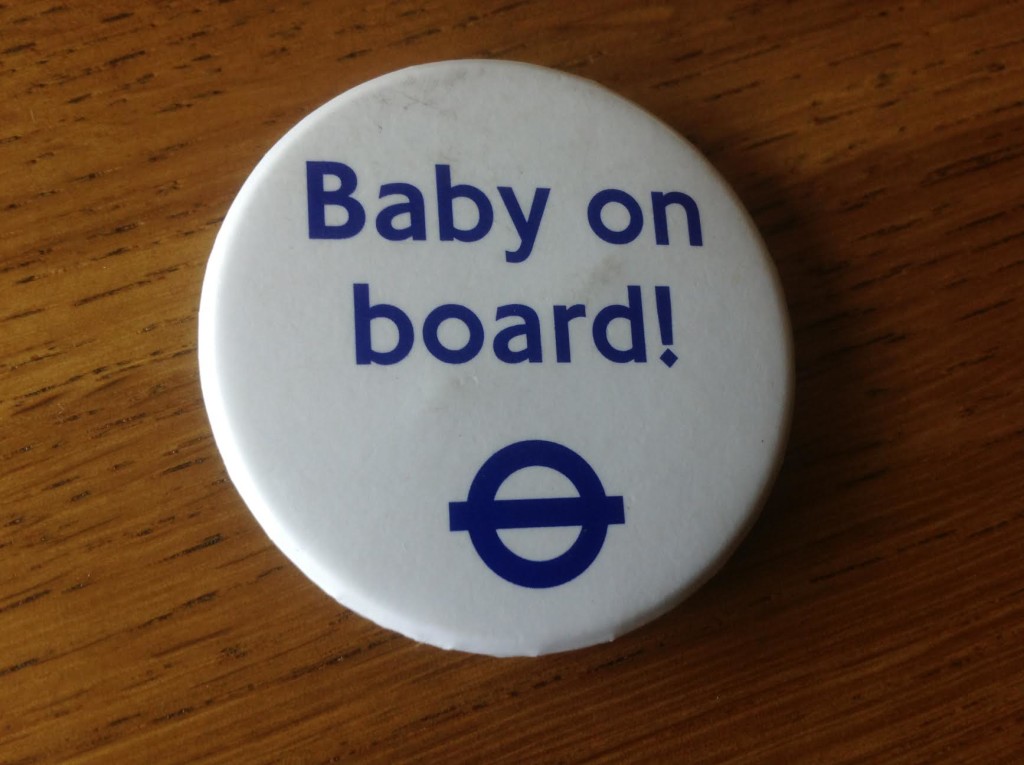Trying to conceive or even planning when to get pregnant can be a difficult topic. But, why should it be? The Fertility Partnership (TFP), one of the UK’s largest IVF providers and fertility specialists, shares some insight into the best time to get pregnant and factors to consider when planning for a new addition to your family.
The best time to have sex in order to get pregnant is during a woman’s fertile window. This can last up to six days of every month, when the body is leading up to ovulation, and the day of, when the body releases an egg.
The egg survives for around one day once it has been released. However, sperm can survive inside a woman for up to a week, resulting in a six-day window for the sperm to meet an egg.
Women are most likely to conceive if they have sex within a day or two of ovulation. However, it can be difficult to know when ovulation is going to occur and therefore the days before it. Many women like to be precise and use calendars to help them work out when they will ovulate, but it’s healthiest to enjoy sex every two to three days for best results.
When a woman ovulates in any given cycle, it depends on a couple of factors:
- The length of the woman’s menstrual cycle
- How regular the woman’s periods are
A menstrual cycle can last between 21 and 40 days, though the average cycle is around 28 days. Regardless of how short or long a woman’s cycle normally is, ovulation will often occur around two weeks before her next period begins. If a woman has a 28-day menstrual cycle, she is likely to start ovulating around the middle of her cycle. Those with a short cycle can ovulate within days of her period coming to an end.
If a woman’s menstrual cycle is different from one month to the next, her fertile window is likely to vary by about a week between each period. This explains why it’s best to have sex every two to three days throughout a cycle. It has proven to be more effective than focusing only on the days of ovulation. Regular sex also improves the quality of sperm compared to daily sex.
How will you know when you are going to ovulate?
Many women are very aware of when they are going to ovulate, however others experience little to no changes at all. For women who are thinking about getting pregnant, it’s important to get in touch with your body and start looking out for and recognising signs of an approaching ovulation. These signs may appear around three weeks before a woman can expect her next period. Some common signs to look out for are:
- Increased vaginal discharge (fertile mucus) that’s wetter and more stretchy than usual
- Slight discomfort on one side of the stomach
- Increased libido
Checking cervical mucus is one of the easiest ways to work out what days you will be most fertile. Changes to mucus are one of the easiest signs for women to spot.
What if you have irregular periods – will it be harder for you to get pregnant?
No, not necessarily. Irregular periods do not mean that a woman is less fertile than women with regular periods. However, if you are experiencing periods that are continuously irregular or more than 36 days apart, it is advised to see your doctor. Irregular periods can be caused by conditions like polycystic ovarian syndrome (PCOS) and thyroid disorders. Unfortunately, these conditions can affect a woman’s chances of conceiving, so it’s ideal to visit a doctor to obtain help and advice.
If you’re still experiencing issues with conceiving and think you need some extra assistance, The Fertility Partnership can help. Offering many different kinds of treatment including IVF, fertility preservation, fertility assessments and more it has over 200 fertility specialists within its nine clinics across the UK & Ireland.
To find out more about the treatments it offers, what would work best for you or simply to find your nearest clinic visit www.thefertilitypartnership.com.







